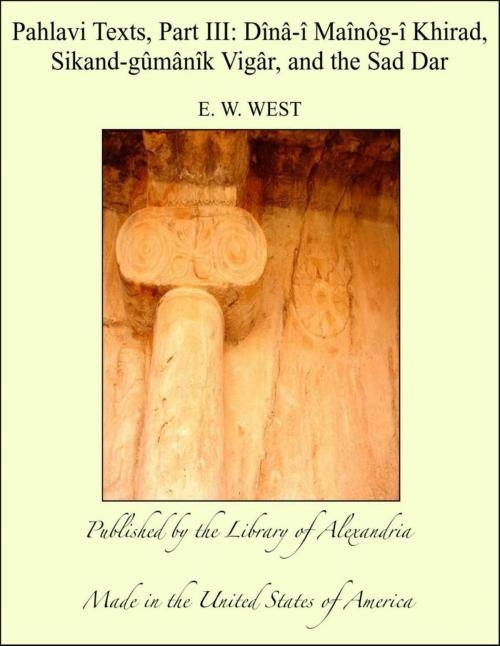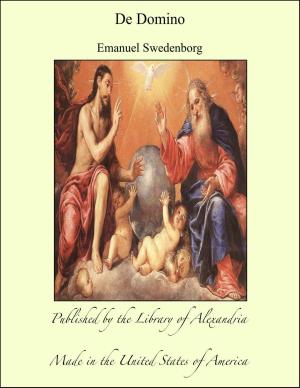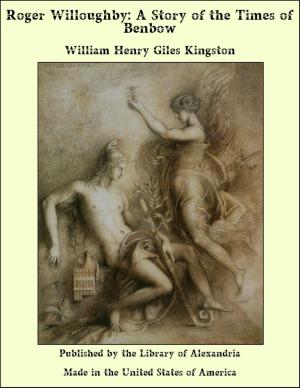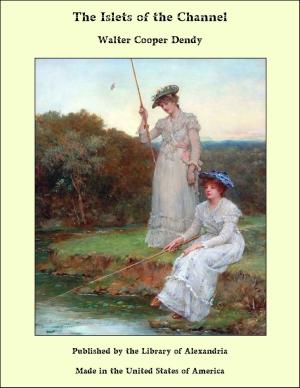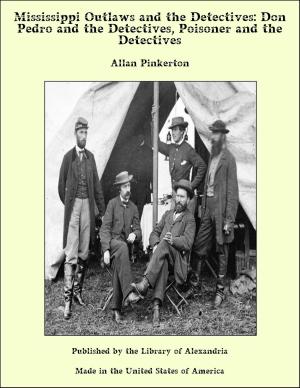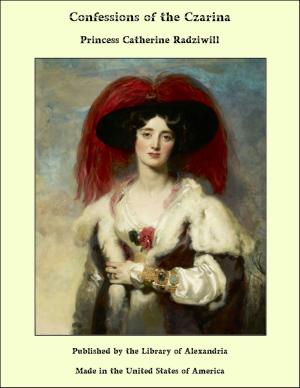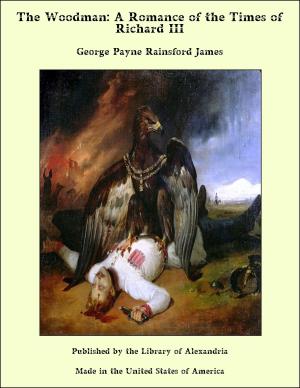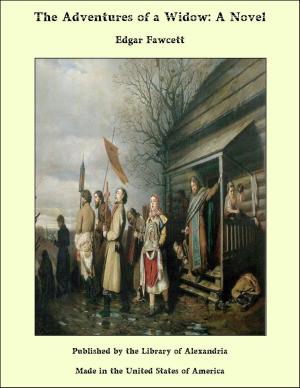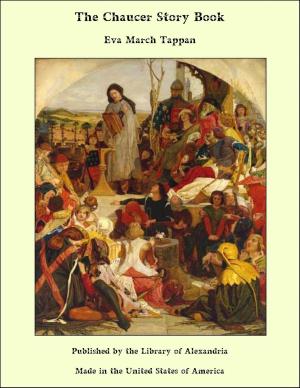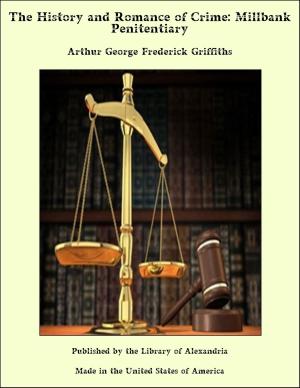Pahlavi Texts, Part III: Dînâ-î Maînôg-î Khirad, Sikand-gûmânîk Vigâr, and the Sad Dar
Nonfiction, Religion & Spirituality, New Age, History, Fiction & Literature| Author: | E. W. West | ISBN: | 9781465573803 |
| Publisher: | Library of Alexandria | Publication: | March 8, 2015 |
| Imprint: | Language: | English |
| Author: | E. W. West |
| ISBN: | 9781465573803 |
| Publisher: | Library of Alexandria |
| Publication: | March 8, 2015 |
| Imprint: | |
| Language: | English |
THE Pahlavi phrase Dînâ-î Maînôg-î Khirad, 'Opinions of the Spirit of Wisdom,' is a name applied to sixty-two enquiries, or series of enquiries, on subjects connected with the religion of the Mazda-worshippers, made by an anonymous wise man and answered by the Spirit of Wisdom. But, as this name is only found prefixed to a manuscript, written in A.D. 1569, in which the first part of the work is missing, it is doubtful whether it be the original name of the book, or not, although it is very suitable to the general character of the work. The subjects discussed by the Spirit of Wisdom are of a very miscellaneous character, and their discussion is evidently intended to furnish an outline of the tenets, legends, and morality of the religion with which they deal; but it forms by no means a complete, or systematic, treatise on these subjects, and it is remarkably silent with regard to all details of religious rites and ceremonies, which are only occasionally. mentioned. This silence may, perhaps, be due to the fact that the author was a layman, as seems clear from the account he gives of his doubts and enquiries in Chap. I, 14-56. Any incompleteness of the treatise may also be explained by the apparent loss of the latter end of the work, as the sixty-second reply (Chap. LXIII) terminates the extant text of the treatise abruptly, and without any trace of peroration.
THE Pahlavi phrase Dînâ-î Maînôg-î Khirad, 'Opinions of the Spirit of Wisdom,' is a name applied to sixty-two enquiries, or series of enquiries, on subjects connected with the religion of the Mazda-worshippers, made by an anonymous wise man and answered by the Spirit of Wisdom. But, as this name is only found prefixed to a manuscript, written in A.D. 1569, in which the first part of the work is missing, it is doubtful whether it be the original name of the book, or not, although it is very suitable to the general character of the work. The subjects discussed by the Spirit of Wisdom are of a very miscellaneous character, and their discussion is evidently intended to furnish an outline of the tenets, legends, and morality of the religion with which they deal; but it forms by no means a complete, or systematic, treatise on these subjects, and it is remarkably silent with regard to all details of religious rites and ceremonies, which are only occasionally. mentioned. This silence may, perhaps, be due to the fact that the author was a layman, as seems clear from the account he gives of his doubts and enquiries in Chap. I, 14-56. Any incompleteness of the treatise may also be explained by the apparent loss of the latter end of the work, as the sixty-second reply (Chap. LXIII) terminates the extant text of the treatise abruptly, and without any trace of peroration.
